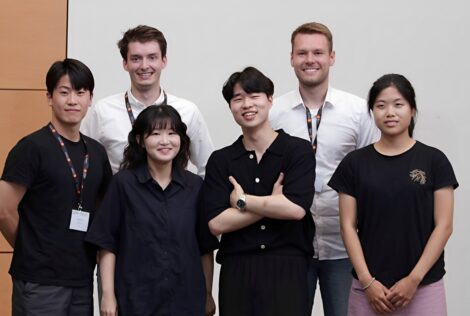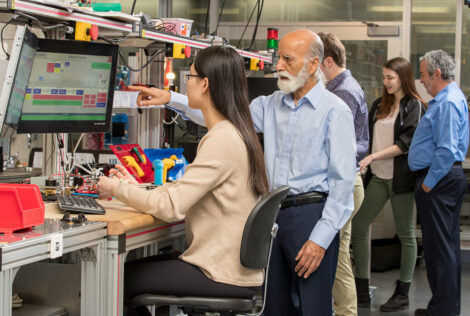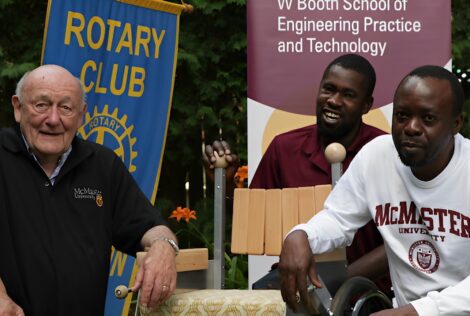
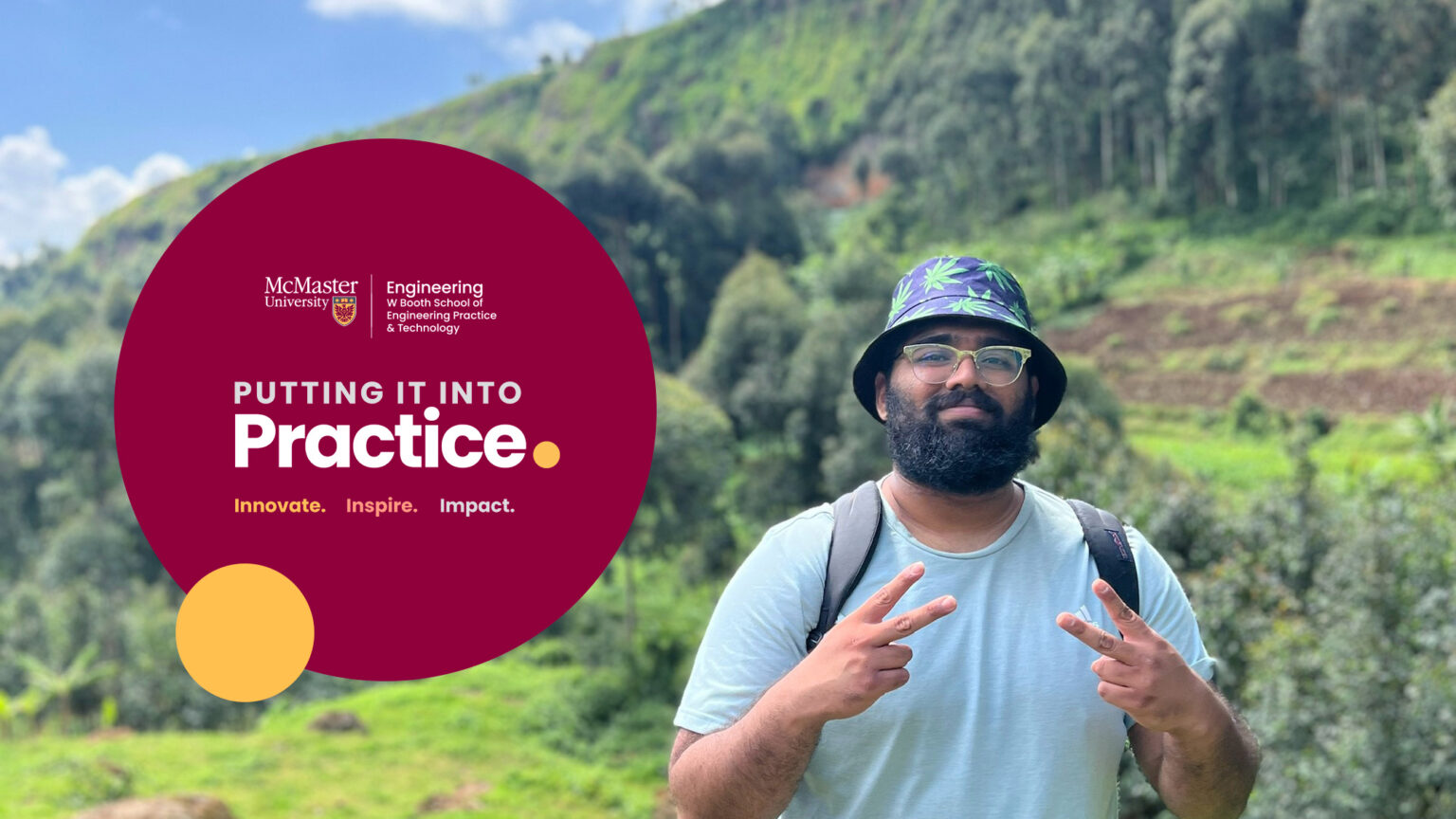
After a series of delayed and missed flights, third-year Automotive and Vehicle Engineering Technology student and Bachelor of Technology Association Automotive Representative, Gopal Uppalapati, finally landed in Eastern Uganda. It was a lengthy journey that would lead to lasting memories.
Uppalapati was traveling with Engineers Without Borders Canada (EWB) to work to address United Nations’ Sustainable Development Goals (SDGs) related to clean water, clean energy, healthcare, and food security.
More specifically, he would be applying his passion for sustainability and technological skills to address crop yield concerns.
Getting a lay of the land
Uppalapati settled in Bukedea, a town 300 kilometres from the Ugandan capital of Kampala, where he spent the next eight weeks with a host family. He and his colleagues were embraced with traditional song and dance. “Community members painted priceless, unforgettable memories,” he recalls. “I’ve never been welcomed anywhere in such a fashion and it was exhilarating.”
An unfamiliar environment soon became a second home as Uppalapati connected with members of the local community and learned their daily routines and challenges.
Due to climate change, farmers in the region face a harsh depletion in crop yield. A significant reduction in rainfall reduces their plowing capabilities from a four-week to two-week period, which strains local resources, says Uppalapati. To supplement for this loss, Uppalapati and his peers developed an apparatus connecting ox-plowing technology to motorcycles.
This high-impact, low-resource solution bridges sustainability and innovation to aid farmers in an efficient way.
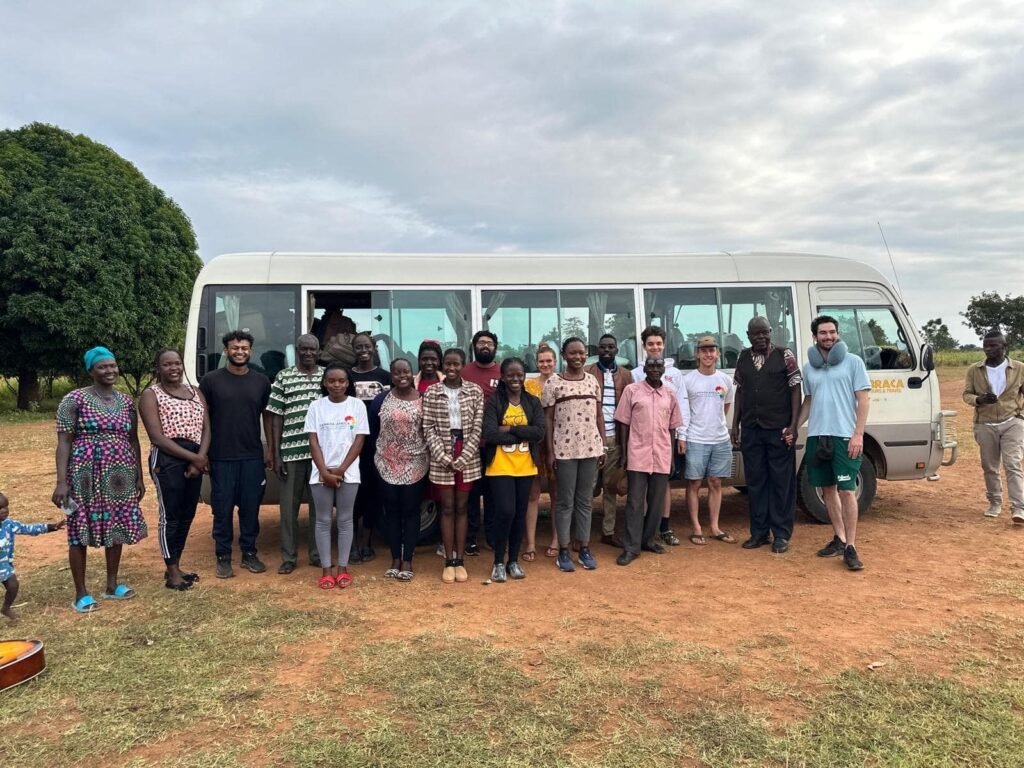
“Most families already have an existing ox plow. The problem was waiting for the oxen to pull it because they don’t have enough money normally to afford one,” says Uppalapati. “What we decided to do was try to create a small contraption that attaches the already existing ox plow to the back of the abundance of motorcycles that exist in that part of Africa.”
Touring beautiful Uganda
After gathering knowledge and insights in Bukedea with the locals, Uppalapati took a three-week trip to Kampala where he explored Ugandan landmarks. He visited Ngamba Island, a chimpanzee sanctuary only accessible by boat through Lake Victoria. He also toured the Uganda National Mosque, which symbolizes unity among various countries who donated materials and resources to help in its construction.
“”I fulfilled two dreams of mine within a few days,” Uppalapati says. “One was to drive in a foreign country, and the other was to go on a safari adventure. Driving through Kampala in a giant Land Cruiser was not something I expected to do, neither was having a staring contest with a giraffe or seeing elephants, hippos, rhinos and hyenas!”
Back to the grind
Fueled with confidence and a sense of community, Uppalapati and his peers returned to Bukedea to develop their inventions. For more than three weeks, the group developed, prototyped and tested their farming tool with help from the locals.
“We created business plans, pitch decks and presentations, which we presented in Kampala to Ugandan and Canadian investors at an Engineers Without Borders-hosted pitching event,” he says.
After nearly three months total of hard work and dedication, Uppalapati and his colleagues developed an efficient farming tool with practical application. By leveraging technology tailored to local conditions, Bukedea farmers can cultivate their crops while minimizing financial and environmental impacts.
“This tool empowers farmers and fosters a resilient agricultural sector capable of adapting to climate change impacts,” says Uppalapati. “It took 14 fellows, 13 weeks, four innovations and one massive Engineers Without Borders family.”
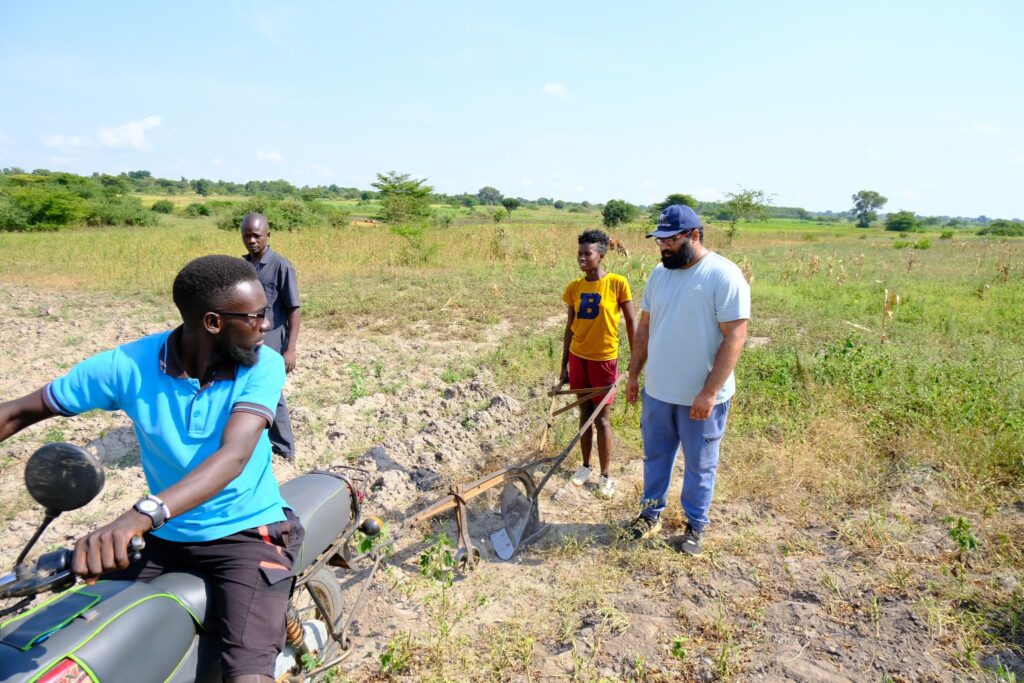
Key learnings
“It’s not about how much the people of Bukedea have, it’s about the significance behind what they do have,” explains Uppalapati. “They live a much simpler life than I’ve known, not burdened with excess technology and gadgets. They spend each and every minute of the day together, dancing, singing, telling stories and playing. Whatever they do, they do as a family. I was fortunate enough to be able to witness and be a part of this, and I’m grateful every day for the lessons I learned in Uganda on this fellowship and the experiences I’ve been able to bring back with me.”
Looking ahead to the future of sustainable farming, Uppalapati recognizes from his first-hand experience in Uganda how pivotal the integration of local, accessible tools will be in ensuring food security and promoting economic growth. “This will ultimately contribute to a healthier planet and a thriving agricultural community,” he says.

